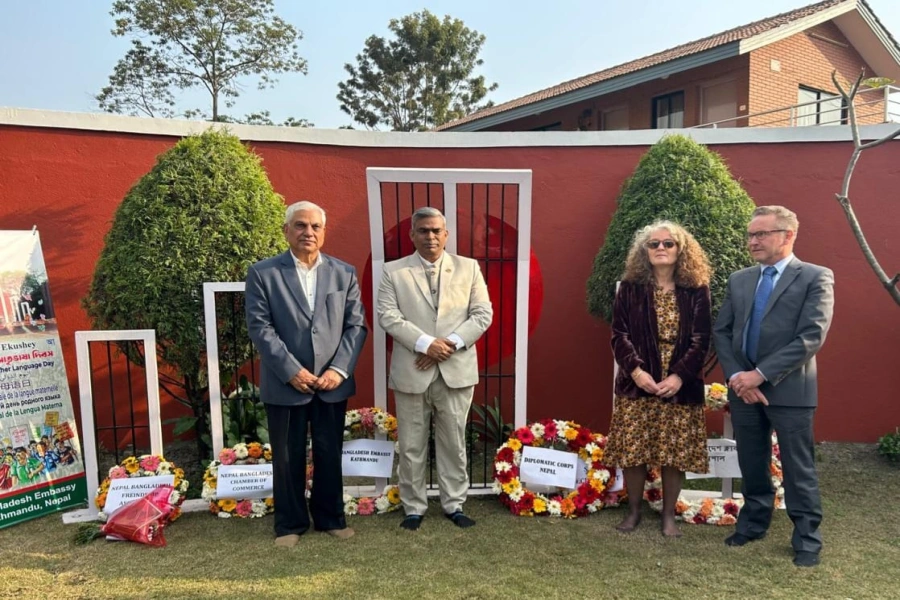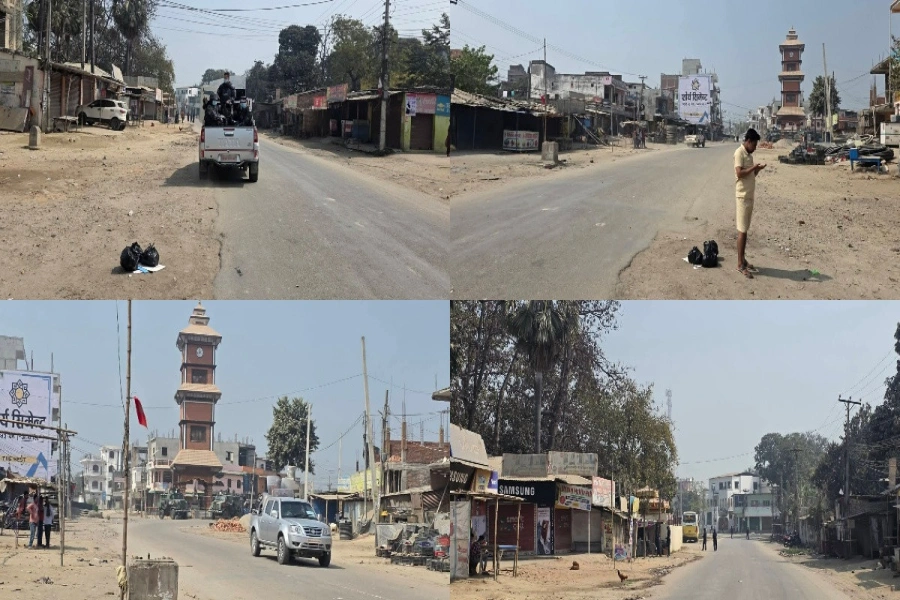BEIJING, May 12: Chinese foreign policy experts have said that Nepal's decision to be part of China's ambitious One Belt One Road (OBOR) initiative will eventually encourage reluctant India to be part of the OBOR in the future.
They said that enhanced road connectivity and increased trade relations between Nepal and China as a part of the Belt and Road initiative will eventually make India to realize its benefits and encourage to join OBOR in the future.
Hu Shisheng, South Asia expert at China Institute of Contemporary International Relations, said that Nepal has a big role to play to bring China and India together and to materialize the vision of trilateral economic cooperation. "If Nepal gets sustainably connected to China physically, I don't think India can stop the momentum," he said.
Govt preparing for signing OBOR agreement in mid-May

Hu argued that the northern parts of India can equally benefit from Nepal-China physical connectivity. "The local governments of northern India will mount pressure on the central government to make the right choice, which is economic cooperation between Nepal and China," he opined.
While welcoming Nepal's decision to be part of the initiative, Hu said future cooperation on physical connectivity and other mega infrastructure will move forward more systematically and can be carried out in practicable framework now with Nepal's participation in the OBOR framework.
"The bilateral cooperation won't also be easily disturbed by other external forces. Nepal's decision to be part of OBOR shows that it has finally gotten rid of the hesitation in making choices on what serves its national interest best," he said, while pointing out the need for major political parties in Nepal to forge consensus to effectively pursue and implement projects under OBOR.
Major political parties in Nepal are still at odds over issues such as Free Trade Agreement and railway linkage feasibility studies which are part of OBOR. "Signing the framework agreement on OBOR is a result of the political consultation among major political parties and if they had not done it, it would not have been possible for the ruling parties to reach the kind of consensus. They should continue similar consultations in the future and make environment for effective and timely implementation of the projects between Nepal and China," Hu further said.
Wang Dehua, director of the Institute for South and Central Asia Studies in Shanghai, also said that Nepal's participation in OBOR is strategically important as it will not only enhance sustainable railway and highway connectivity between Nepal and China followed by strong economic cooperation but also bring India to be part of the OBOR.
Wang said that Nepal's participation in OBOR will now boost confidence of the Chinese government to encourage Chinese private sector to invest in the country in a massive scale. The government of China will now promote private enterprises to invest in Nepal and China's investment may exceed over US$ 20 billion in Nepal, Wang speculated.



































